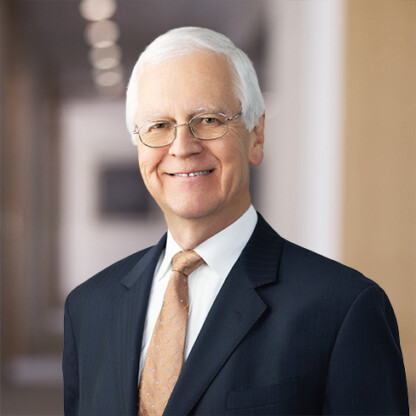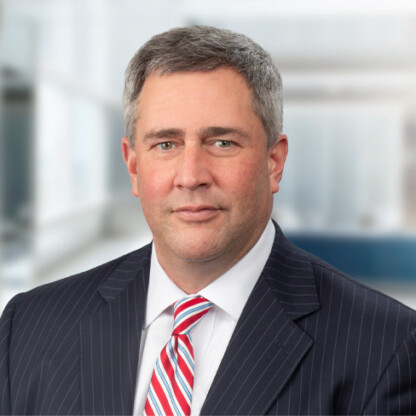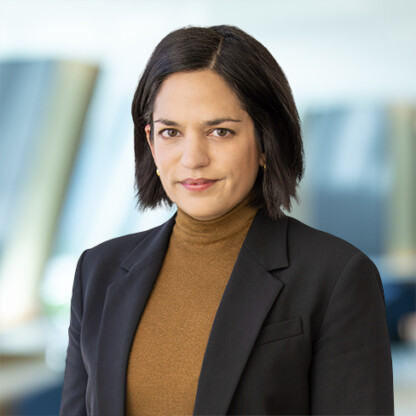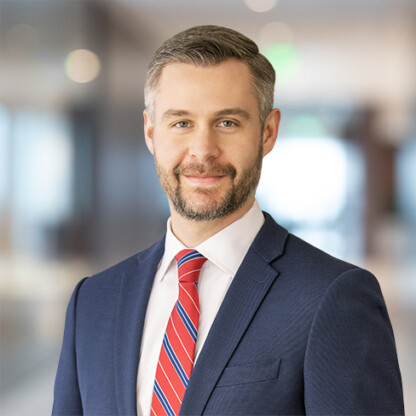Foley Defeats Cert Petition for LSQ Funding Group in Avoidance Action
After years of litigation, Foley & Lardner LLP successfully represented LSQ Funding Group in opposing the petition of Douglas Mann, a Chapter 7 trustee, to the U.S. Supreme Court for a writ of certiorari, marking a definitive end to Mann’s preference and fraudulent transfer claims against LSQ. The Supreme Court denied Mann’s petition on January 8, 2024.
In the underlying litigation, Mann asserted preference and fraudulent transfer claims against LSQ in the bankruptcy case of Engstrom Inc. Mann alleged that Engstrom was engaged in a Ponzi-like scheme of factoring worthless invoices with LSQ. When another financier stepped into the relationship, LSQ received a $10.3 million payoff directly from that third party. Engstrom never received or had any control over those funds. Shortly thereafter, Engstrom filed for bankruptcy.
Foley initially prevailed on summary judgment before the U.S. Bankruptcy Court, which held that, under the “earmarking doctrine,” the funds that LSQ received did not constitute an “interest of the debtor in property” under Sections 544, 547, and 548 of the Bankruptcy Code and, therefore, could not be the subject of preference or fraudulent transfer claims. The U.S. District Court for the Eastern District of Wisconsin and the U.S. Court of Appeals for the Seventh Circuit subsequently affirmed that decision.
In the petition, Mann argued that the earmarking doctrine does not apply to fraudulent transfer claims, suggesting that the appellate courts are divided on the issue. LSQ responded that no circuit split exists on that issue and that an “interest of the debtor in property” for all avoidance actions must be defined as “property that would have been part of the estate had it not been transferred” before the bankruptcy. Under this appropriate standard, the funds LSQ received were never part of Engstrom’s estate because LSQ was paid directly from the third-party financier and, therefore, the transfer “did not satisfy this common statutory prerequisite for avoidance actions.”
The Foley team representing LSQ was led by partners Thomas Shriner and Andrew Wronski and included senior counsel Anne-Louise Mittal and Max Meckstroth.



